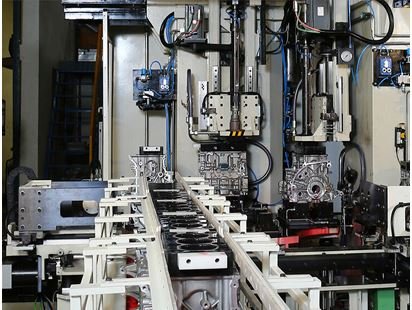
As industries evolve, the need for specialized solutions becomes increasingly evident. Special Purpose Machines (SPM) are designed to perform specific manufacturing tasks, providing tailored solutions that enhance productivity and efficiency. This blog delves into the significance of SPMs for manufacturers in Nashik and Pune.
What are Special Purpose Machines (SPM)?
SPMs are custom-built machines designed to perform specific operations in manufacturing processes, such as assembly, welding, or inspection. Unlike general-purpose machines, SPMs optimize production for particular tasks, increasing efficiency and reducing cycle times.
Benefits of SPM for Manufacturers
- Enhanced Productivity: SPMs are designed to perform tasks quickly and efficiently, significantly reducing production time. Manufacturers in Nashik and Pune can produce higher volumes of products without compromising quality.
- Customization: SPMs can be tailored to meet the unique requirements of different manufacturers, making them versatile solutions for various industries, including automotive and electronics.
- Reduced Labor Costs: By automating specific tasks, SPMs minimize the need for manual labor, leading to substantial labor cost savings.
- Consistency and Quality: SPMs ensure that each product is manufactured consistently, reducing variations and enhancing overall product quality.
- Scalability: As businesses grow, SPMs can be adapted or expanded to accommodate increasing production demands without the need for a complete overhaul of existing processes.
Case Study: Successful SPM Implementation in Nashik
An automotive parts manufacturer in Nashik implemented SPMs for their assembly line, resulting in a 30% reduction in production time. The tailored machines improved the accuracy of assembly operations, leading to enhanced product quality and customer satisfaction.
Conclusion
For manufacturers in Nashik and Pune, investing in Special Purpose Machines (SPM) is a strategic move toward increasing productivity and maintaining quality standards. By customizing solutions to meet specific operational needs, companies can achieve greater efficiency and competitiveness in the market.
